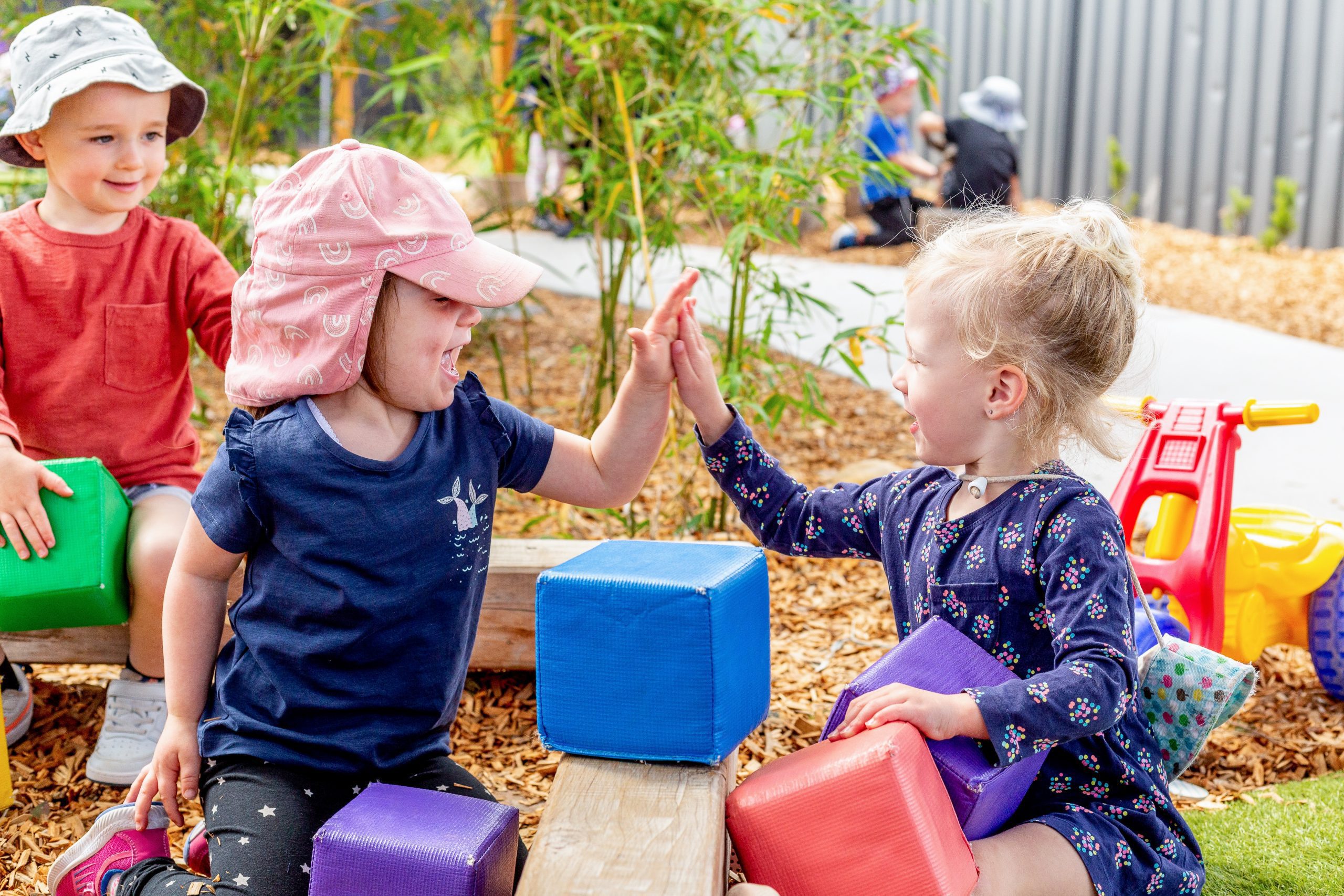Benefits of Play-Based Learning
Play-based learning is a powerful educational approach that promotes children’s development through engaging, hands-on activities. In this article, we will explore the numerous benefits of play-based learning and how it can positively impact children’s cognitive, social, emotional, and physical growth.
Enhances Cognitive Development
Play-based learning fosters cognitive development by stimulating children’s curiosity, problem-solving skills, and creativity. Through play, children engage in activities that require critical thinking, decision-making, and imaginative play, which helps them develop essential cognitive abilities.
Encourages Social Interaction
One of the key advantages of play-based learning is its ability to promote social interaction among children. By engaging in cooperative play, children learn to communicate, negotiate, and collaborate with their peers. This not only enhances their social skills but also nurtures empathy, teamwork, and respect for others.
Supports Emotional Growth
Play-based learning provides a safe and supportive environment for children to explore and express their emotions. Through play, children can act out different scenarios, allowing them to understand and manage their feelings. This emotional exploration helps children develop self-awareness, emotional regulation, and empathy towards others.
Develops Physical Skills
Physical play is an integral part of play-based learning, enabling children to develop their motor skills and coordination. Whether it’s running, jumping, or playing with manipulative objects, physical play helps children improve their balance, strength, and overall physical capabilities.
Enhances Language and Communication
Play-based learning provides ample opportunities for children to enhance their language and communication skills. Whether it’s engaging in pretend play, storytelling, or engaging in conversations with peers, children develop vocabulary, expressive language, and listening skills through play.
Boosts Creativity and Imagination
Play-based learning encourages children to think outside the box, fostering their creativity and imagination. Whether it’s building with blocks, creating art, or engaging in dramatic play, children develop their creative thinking skills, problem-solving abilities, and imaginative capacities.
Improves Attention and Concentration
Engaging in play-based learning activities requires children to focus and concentrate on the task at hand. By doing so, children develop their attention span, concentration skills, and the ability to stay engaged in activities for longer periods.

Play-based learning offers a multitude of benefits for children’s overall development. By promoting cognitive, social, emotional, and physical growth, play-based learning becomes a valuable approach to nurturing well-rounded individuals. Incorporating play-based learning into educational settings can create an enriching and effective learning environment for children.
Frequently Asked Questions
1. What is play-based learning?
Play-based learning is an educational approach that emphasizes learning through play. It involves structured and unstructured play activities that promote cognitive, social, emotional, and physical development.
2. What are the benefits of play-based learning?
Play-based learning offers numerous benefits, including enhanced creativity, problem-solving skills, self-regulation, social skills, language development, and overall academic performance.
3. How does play-based learning promote creativity?
Play-based learning encourages children to explore, imagine, and experiment, which stimulates their creativity and helps them develop innovative thinking and problem-solving abilities.
4. Can play-based learning improve problem-solving skills?
Yes, play-based learning provides opportunities for children to encounter and solve problems in a hands-on and interactive way. This helps them develop critical thinking skills and become effective problem solvers.
5. How does play-based learning support social skills?
Through play, children learn to collaborate, negotiate, take turns, share, and communicate with their peers. These social interactions foster the development of important social skills and emotional intelligence.
6. Does play-based learning contribute to language development?
Yes, play-based learning offers rich language experiences as children engage in conversations, storytelling, role-playing, and other language-based activities. This helps expand their vocabulary, improve communication skills, and enhance literacy development.
7. Can play-based learning benefit physical development?
Definitely! Play-based learning involves various physical activities such as running, jumping, climbing, and balancing. These activities promote gross and fine motor skills development, coordination, and overall physical fitness.
8. How does play-based learning enhance self-regulation?
During play, children make choices, set goals, and regulate their emotions and behaviors. This process of self-regulation helps them develop self-control, impulse management, and the ability to adapt to different situations.
9. Are there any academic benefits of play-based learning?
Yes, play-based learning has been found to positively impact academic performance. It fosters curiosity, motivation, and a love for learning, which can lead to improved cognitive skills, concentration, and academic achievement.
10. How can play-based learning be implemented in educational settings?
Play-based learning can be incorporated into classrooms through the use of educational toys, games, hands-on activities, and open-ended play opportunities. Teachers can create a supportive environment that encourages play and integrates it into the curriculum.




